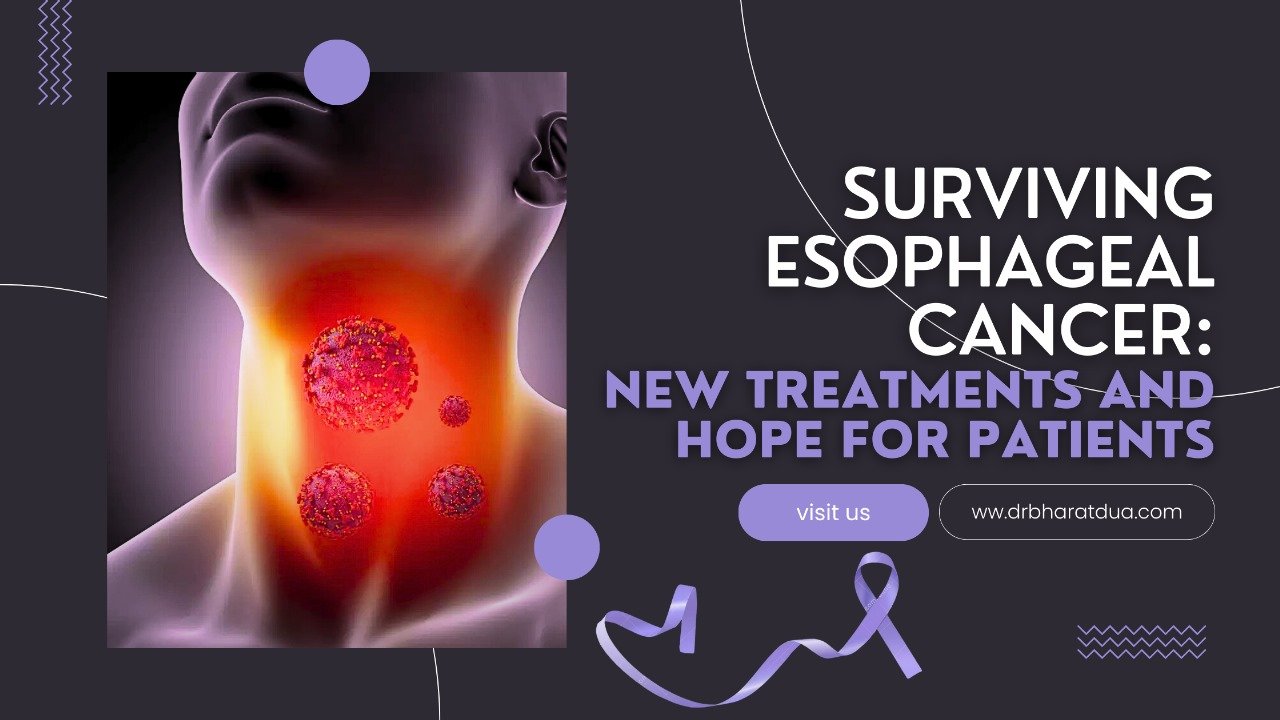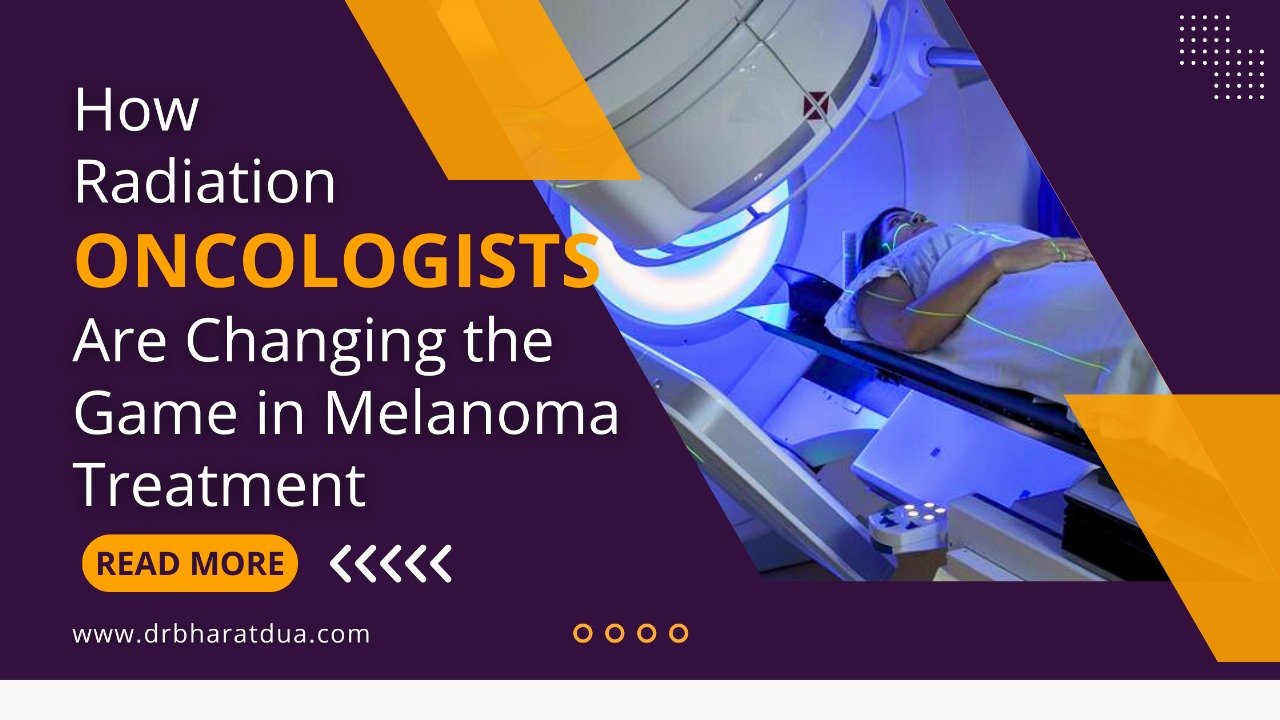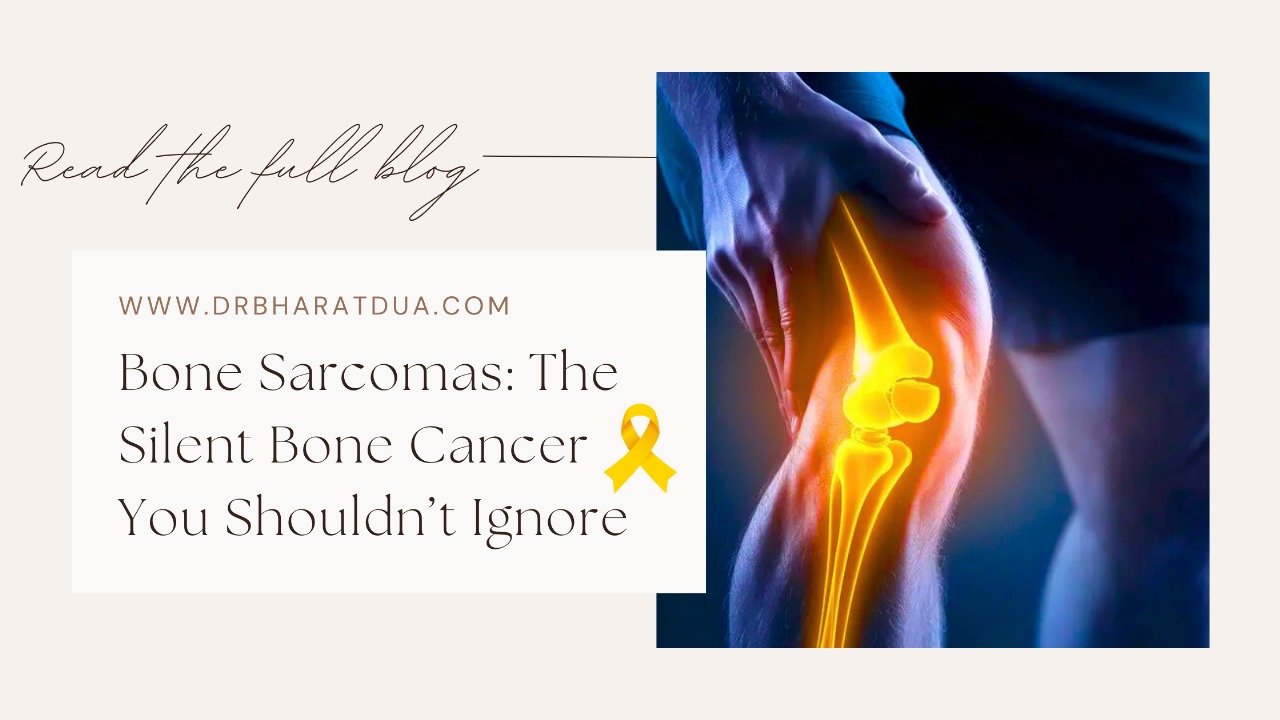What is Esophageal Cancer?
Esophageal cancer affects the esophagus — the tube connecting your throat to your stomach. It begins in the inner lining and can spread outward.It is often diagnosed late because early stages show few symptoms.This makes early detection and timely treatment essential.Globally, it is among the top 10 cancers in terms of mortality.The main types are adenocarcinoma and squamous cell carcinoma.Adenocarcinoma typically starts in the lower esophagus and is linked to acid reflux. Best Radiation Oncologist in Gurugram Squamous cell carcinoma is usually found in the upper or middle esophagus and is often caused by smoking and alcohol.
Types of Esophageal Cancer
- Adenocarcinoma: Most common in Western countries.
Linked to GERD and Barrett’s esophagus.
- Squamous Cell Carcinoma: More common in Asia and Africa.
Strongly associated with tobacco, alcohol, and poor diet.
- Common Risk Factors
- Long-term acid reflux (GERD)
- Smoking and alcohol use
- Obesity
- Diet low in fruits and vegetables
- Family history
- Barrett’s esophagus
Understanding risk factors can help individuals take preventive steps or get screened early.
Signs and Symptoms
Symptoms can appear late. Watch for:
- Difficulty swallowing
- Weight loss without trying
- Chest pain or burning
- Hoarseness or cough
- Vomiting or regurgitation of food
These signs can mimic other conditions.
If persistent, consult a doctor immediately.
Early detection greatly improves outcomes.
Latest Diagnostic Methods
Modern tools help detect esophageal cancer earlier and more accurately.
- Endoscopy: A flexible tube with a camera looks at the esophagus lining.
- Biopsy: Tissue sample examined under a microscope for cancer cells.
- Endoscopic Ultrasound (EUS): Checks depth of tumour invasion and nearby lymph nodes.
- CT/PET Scans: Detect cancer spread to other organs.
- Liquid Biopsy: A non-invasive blood test that can detect tumour DNA in development.
Advanced imaging and molecular tests now allow better staging and treatment planning.
New and Emerging Treatments
Treatments have evolved to offer better precision and fewer side effects.
Here are some of the latest options:
Immunotherapy
Immunotherapy helps the immune system target cancer cells.
Checkpoint inhibitors like nivolumab and pembrolizumab are now approved for advanced cases.
They are often used:
- In combination with chemotherapy
- After surgery to prevent recurrence
- In metastatic or non-operable cases
Patients with specific genetic markers respond better.
Targeted Therapy
Unlike chemotherapy, targeted therapy attacks cancer at the molecular level.
Drugs like trastuzumab are used for tumours expressing HER2.
Benefits include:
- Fewer side effects
- Personalized treatment
- Improved survival in select patients
Testing for mutations is key before starting therapy.
Robotic and Minimally Invasive Surgery
Modern surgical techniques reduce complications and recovery time.
Benefits:
- Smaller incisions
- Shorter hospital stays
- Faster return to daily life
Robotic-assisted esophagectomy offers higher precision in tumour removal.
Improving Survival Rates and Outcomes
Survival depends on stage at diagnosis, treatment approach, and overall health.
Advancements contributing to better outcomes:
- Multimodal therapy (surgery + chemo + radiation)
- Early screening in high-risk groups
- Personalized treatment plans
- Access to clinical trials
Five-year survival has improved with new therapies, especially in early-stage detection.
Life After Treatment
Surviving esophageal cancer brings new challenges.
Recovery isn’t just physical — it’s emotional and lifestyle-related.
Nutrition and Diet Tips
After treatment, patients may face trouble eating due to changes in the esophagus.
Tips include:
- Small, frequent meals
- Soft or pureed foods
- Avoiding spicy, acidic, or hard-to-swallow items
- Staying upright after meals
- High-protein, high-calorie foods for healing
Dieticians play a vital role in planning balanced meals.
Emotional Support and Counselling
Coping with cancer can affect mental health.
Common issues include anxiety, depression, and PTSD-like symptoms.
Helpful resources:
- Support groups (online or in-person)
- Psychologists specialized in oncology
- Meditation and mindfulness practices
- Counseling for caregivers and families
Support improves both quality of life and recovery.
Final Thoughts
Esophageal cancer remains a serious disease, but new treatments are improving survival and quality of life.
Key takeaways:
- Early detection is critical
- Immunotherapy and targeted treatments show real promise
- Modern diagnostics improve precision
- Life after cancer needs ongoing care and support
Always consult your medical team for personalized advice.
Hope is real — and growing stronger every day.
Conclusion
While esophageal cancer is a challenging diagnosis, today’s advancements in treatment and support offer real hope. Best Radiation Oncologist in Gurugram With early detection, modern therapies like immunotherapy, targeted drugs, and minimally invasive surgery, more patients are surviving longer and living better lives. Recovery doesn’t end with treatment — it continues with proper nutrition, emotional support, and regular follow-ups.
(FAQ)
Q 1. What are the early signs of esophageal cancer?
A 1. Early signs can include
Difficulty swallowing (dysphagia)
.Unexplained weight loss
.Persistent heartburn or indigestion
.Chest pain or discomfort
.Hoarseness or chronic cough
Q 2. What are the main types of esophageal cancer?
A 2. Adenocarcinoma: Common in the lower esophagus; often linked to GERD and Barrett’s esophagus.Squamous cell carcinoma: Found in the upper/middle esophagus; associated with smoking and alcohol use.
Q 3. What are the most effective treatments available today?
A 3. Treatment depends on the stage and type of cancer.
Modern options include:
- Immunotherapy
- Targeted therapy
- Chemotherapy and radiation
- Robotic or minimally invasive surgery


 Discover how radiation oncologists are advancing melanoma treatment with targeted radiation, modern tech, and powerful therapy combinations.
Discover how radiation oncologists are advancing melanoma treatment with targeted radiation, modern tech, and powerful therapy combinations. Kidney cancer starts when abnormal cells in the kidneys grow uncontrollably. Most cases are renal cell carcinoma, accounting for nearly 90% of diagnoses.
Kidney cancer starts when abnormal cells in the kidneys grow uncontrollably. Most cases are renal cell carcinoma, accounting for nearly 90% of diagnoses. Discover everything about bone sarcomas, from symptoms and causes to diagnosis, treatment, and survival rates. Know the early signs to act early.
Discover everything about bone sarcomas, from symptoms and causes to diagnosis, treatment, and survival rates. Know the early signs to act early.